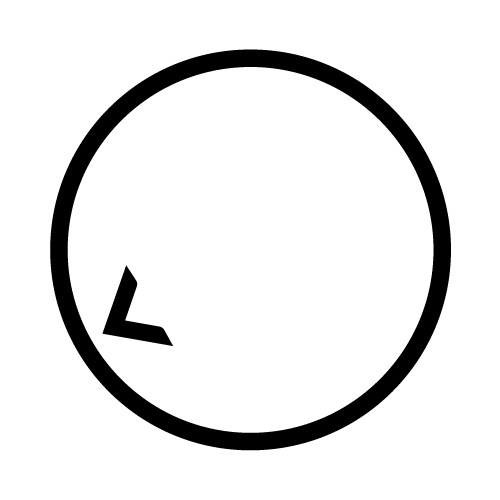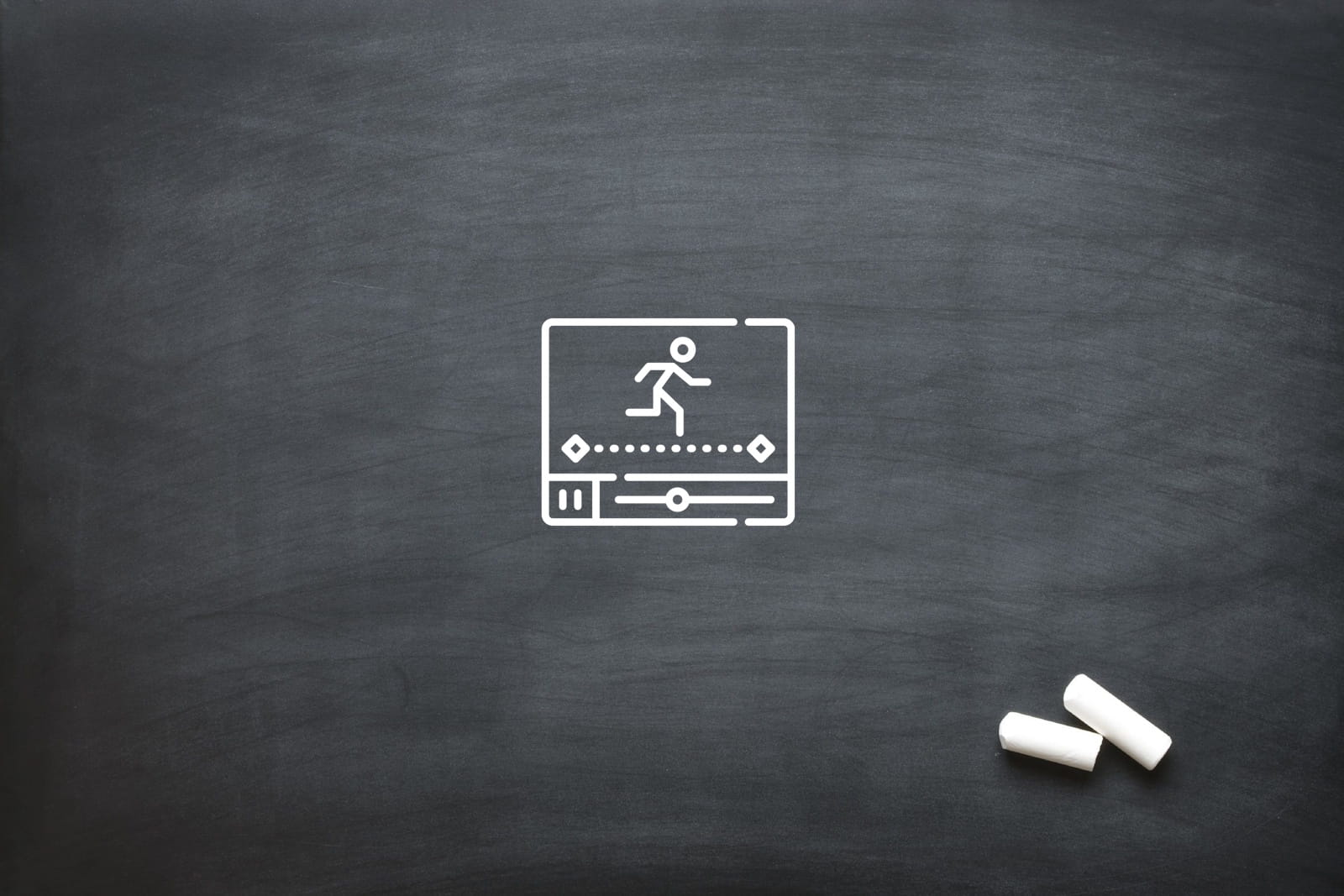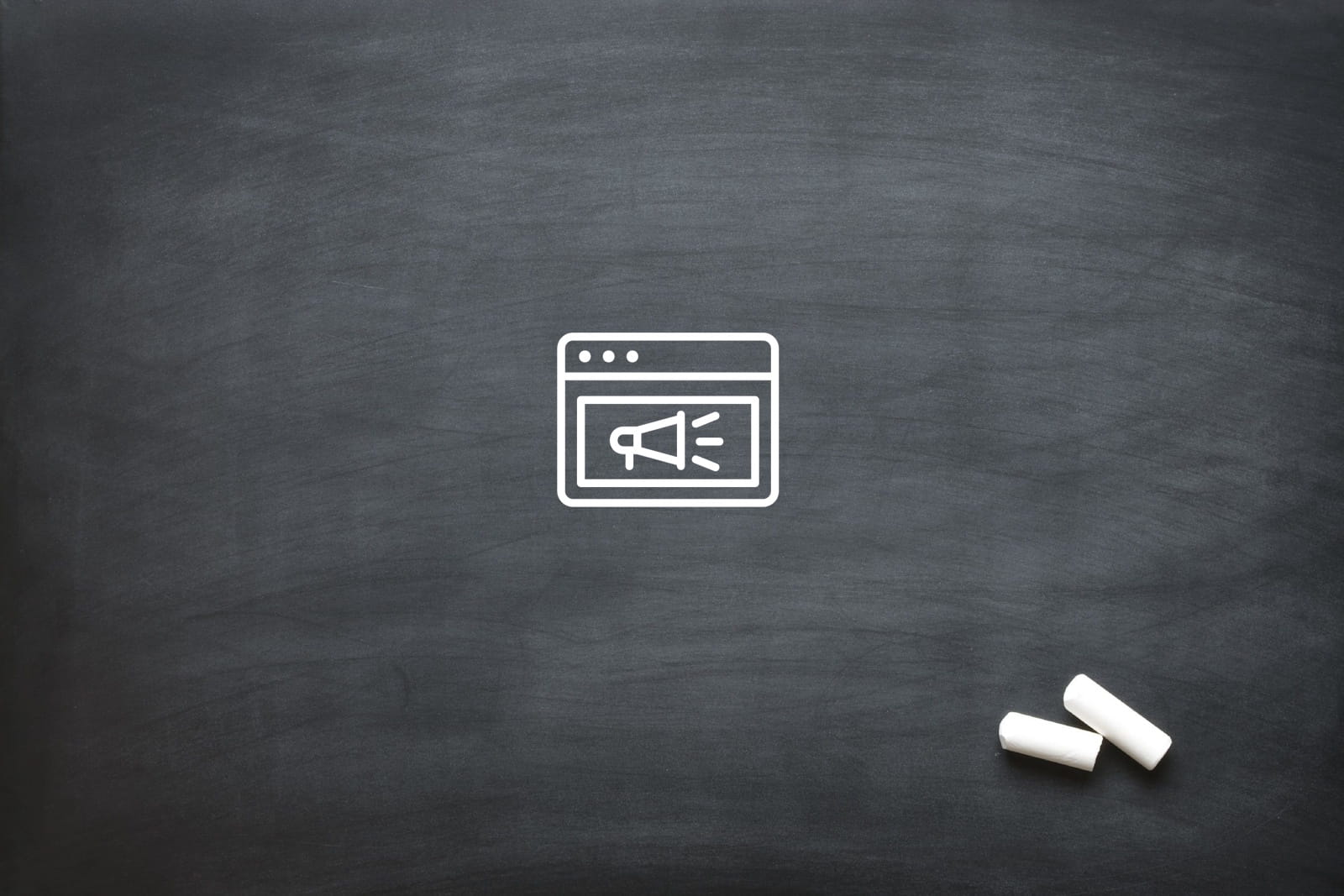
Animation Studios in Johannesburg: IP Protection
Johannesburg is fast becoming a hub for creative talent, with animation studios in Johannesburg producing world-class content for local and international audiences. However, as the industry grows, so do the risks of intellectual property (IP) theft and unauthorised use of creative work. Protecting your animations, characters, and branding is not just a legal formality—it’s essential for long-term success.
In this guide, we’ll explore how animation studios in Johannesburg can safeguard their work through copyright, trademarks, and best practices under South African law.
What is Intellectual Property (IP) in Animation?
Intellectual Property (IP) refers to the legal rights that protect creations of the mind. For animation studios in Johannesburg, this includes:
- Copyright: Protects original artistic works, such as animations, scripts, and character designs. In South Africa, copyright is automatic upon creation but can be strengthened through registration.
- Trademarks: Protect brand identifiers like studio logos, character names, and slogans. This prevents others from using similar branding that could confuse audiences.
- Patents: While less common in animation, patents may apply to unique animation technologies or software tools developed by studios.
Why IP Matters for Animators
Without proper IP protection, animation studios in Johannesburg risk:
- Losing revenue from unauthorised reproductions.
- Having their characters or stories copied without permission.
- Facing legal disputes that could have been avoided with proper documentation.
By securing IP rights, studios can monetise their work through licensing, merchandising, and distribution deals with confidence.
Common IP Challenges Faced by Johannesburg Animators
1. Idea Theft and Plagiarism
Many animators share concepts informally before securing legal protection, leaving them vulnerable to idea theft. Without clear documentation, proving ownership becomes difficult.
2. Unauthorised Use and Piracy
Digital piracy is a growing concern, with illegal uploads and distribution cutting into profits. A 2023 report by the Companies and Intellectual Property Commission (CIPC) highlighted that creative industries lose millions annually due to copyright infringement.
3. Lack of Awareness About Legal Rights
A survey by Animation South Africa (ASA) found that over 50% of independent animators were unaware of how to register their copyright or trademarks. This lack of knowledge leaves them exposed to exploitation.
For animation studios in Johannesburg, understanding these risks is the first step towards securing their creative assets.
Copyright Law in South Africa: How It Protects Animators
South Africa’s Copyright Act (No. 98 of 1978) automatically protects original works, including animations, from the moment they are created. Key points include:
- Duration: Copyright lasts for the creator’s lifetime plus 50 years.
- Automatic Protection: No formal registration is required, but keeping dated records is crucial for enforcement.
- Voluntary Registration: While not mandatory, registering with the CIPC strengthens legal claims in disputes.
Why Registration Helps
- Provides a verifiable record of ownership.
- Simplifies legal action against infringement.
- Enhances credibility when negotiating licensing deals.
For animation studios in Johannesburg, taking this extra step ensures stronger protection against copycats.
Protecting Characters and Branding Through Trademarks
While copyright protects the animation itself, trademarks protect the commercial identity of a studio and its characters.
What Can Be Trademarked?
- Studio names and logos.
- Iconic character names (e.g., “Zulu the Lion”).
- Slogans and taglines associated with the brand.
How to Register a Trademark in South Africa
- Conduct a Search: Ensure no similar trademarks exist via the CIPC database.
- File an Application: Submit through the CIPC website with the required details.
- Monitor and Renew: Trademarks must be renewed every 10 years.
For animation studios in Johannesburg, trademarking key assets prevents competitors from capitalising on their brand’s reputation.
Practical Steps to Protect Your Animation IP
1. Keep Detailed Records
- Store dated drafts, concept art, and scripts.
- Use timestamps (e.g., emailing files to yourself or using blockchain-based verification tools).
2. Use Contracts for Collaborations
- Ensure all contributors sign agreements clarifying IP ownership.
- Specify whether work is being licensed or transferred.
3. Register Critical Works
- File copyright and trademark applications for high-value projects.
- Consult legal experts to avoid gaps in protection.
4. Monitor for Infringement
- Regularly check for unauthorised use online.
- Issue takedown notices under South Africa’s Electronic Communications and Transactions Act.
By implementing these measures, animation studios in Johannesburg can operate with greater security and confidence.
Conclusion: Secure Your Creative Future
The growth of animation studios in Johannesburg presents exciting opportunities, but without proper IP safeguards, valuable work can be lost or misused. Understanding copyright and trademark laws ensures that animators retain control over their creations and profits.
Contact us at Oliver Karstel Creative Agency today – allow us to bring your animation visions to life and safely within the confines of IP protection laws.






